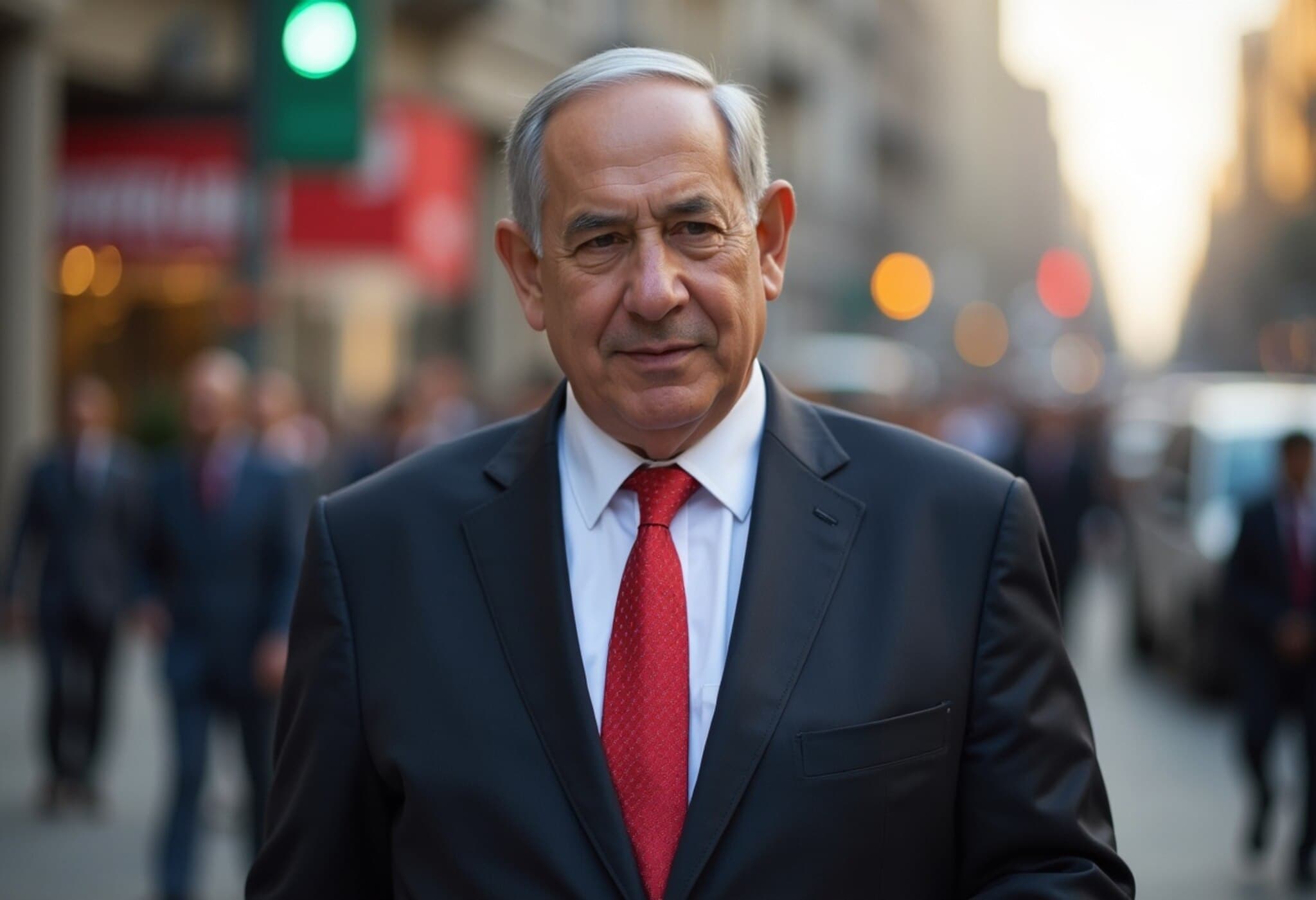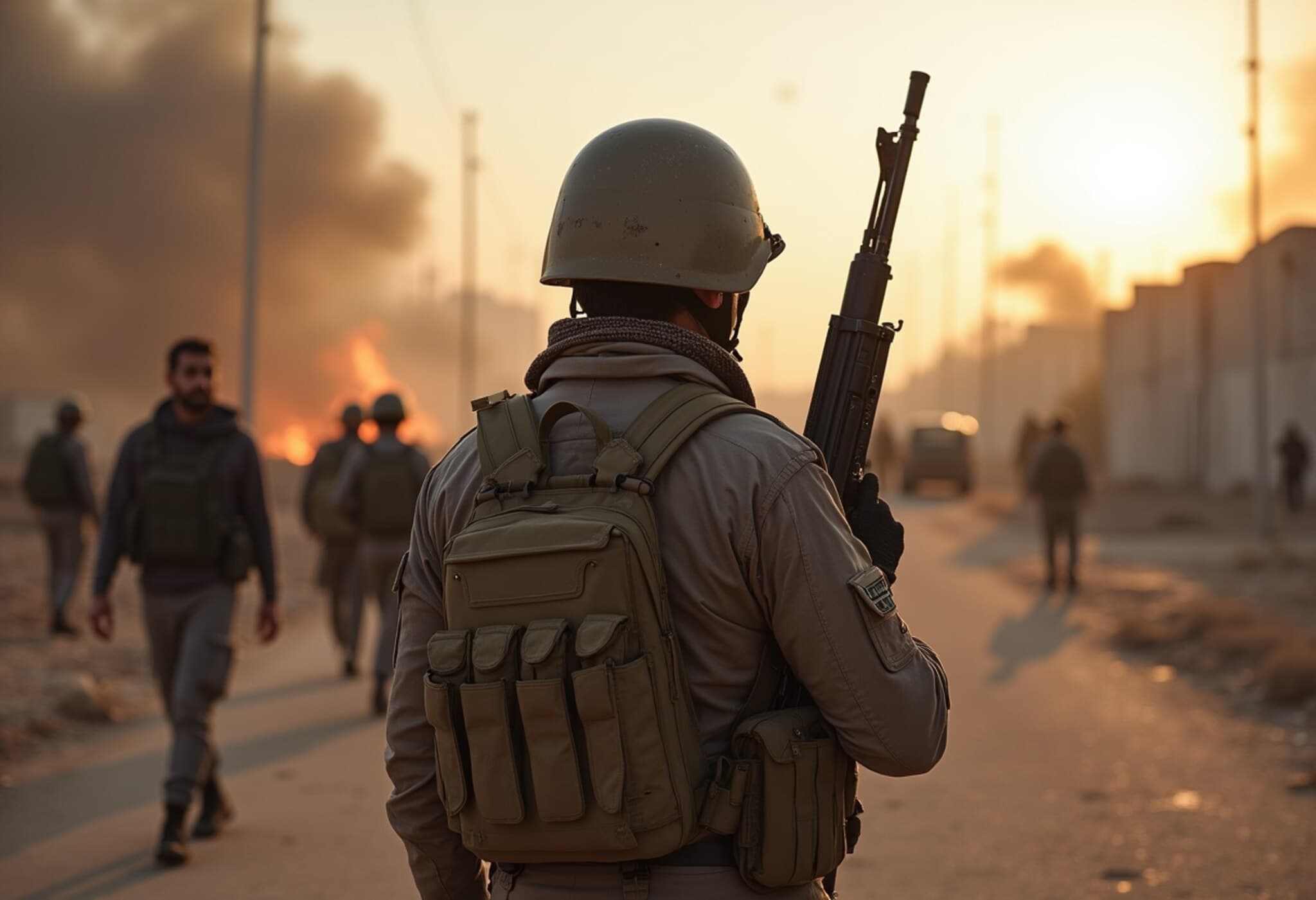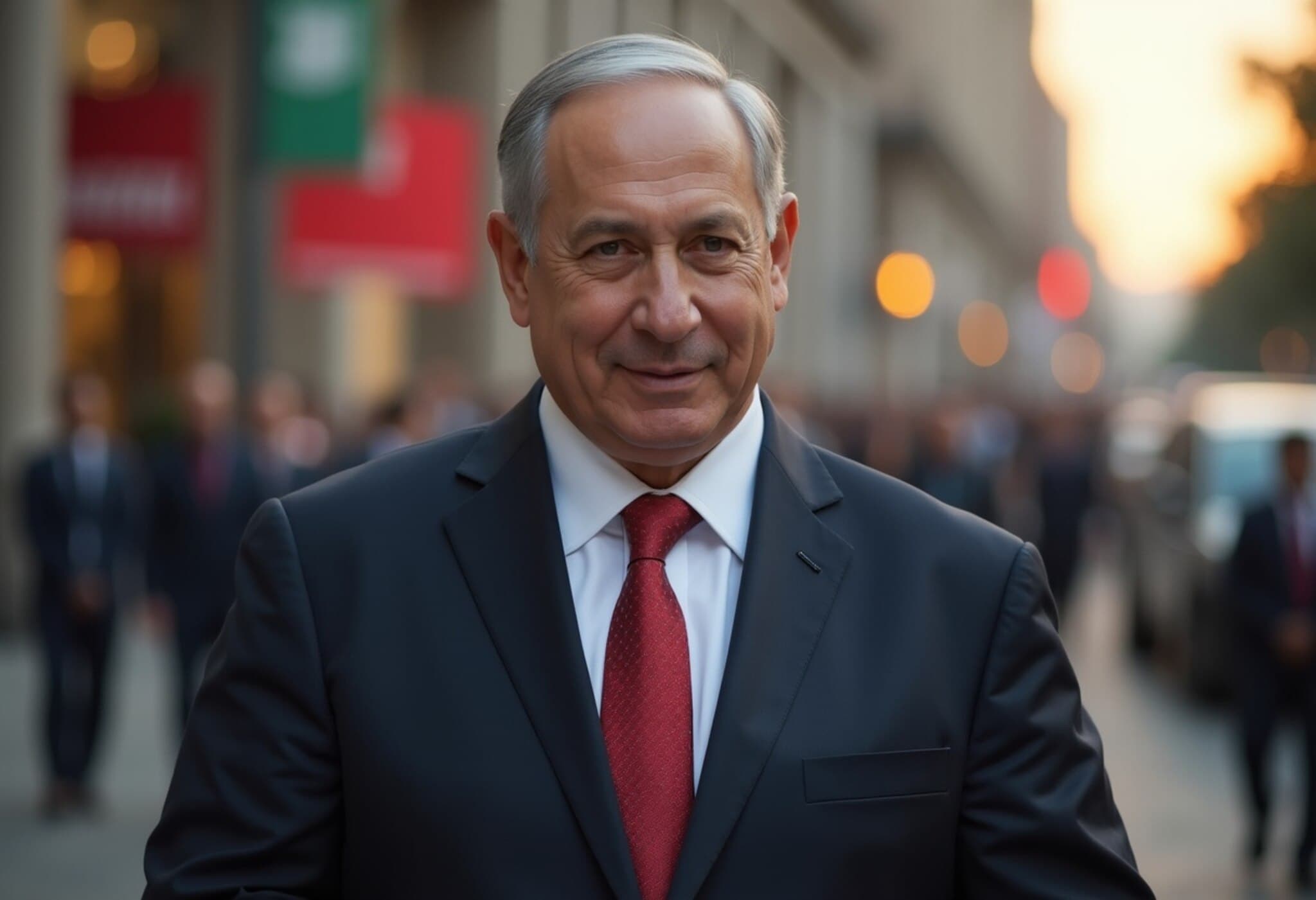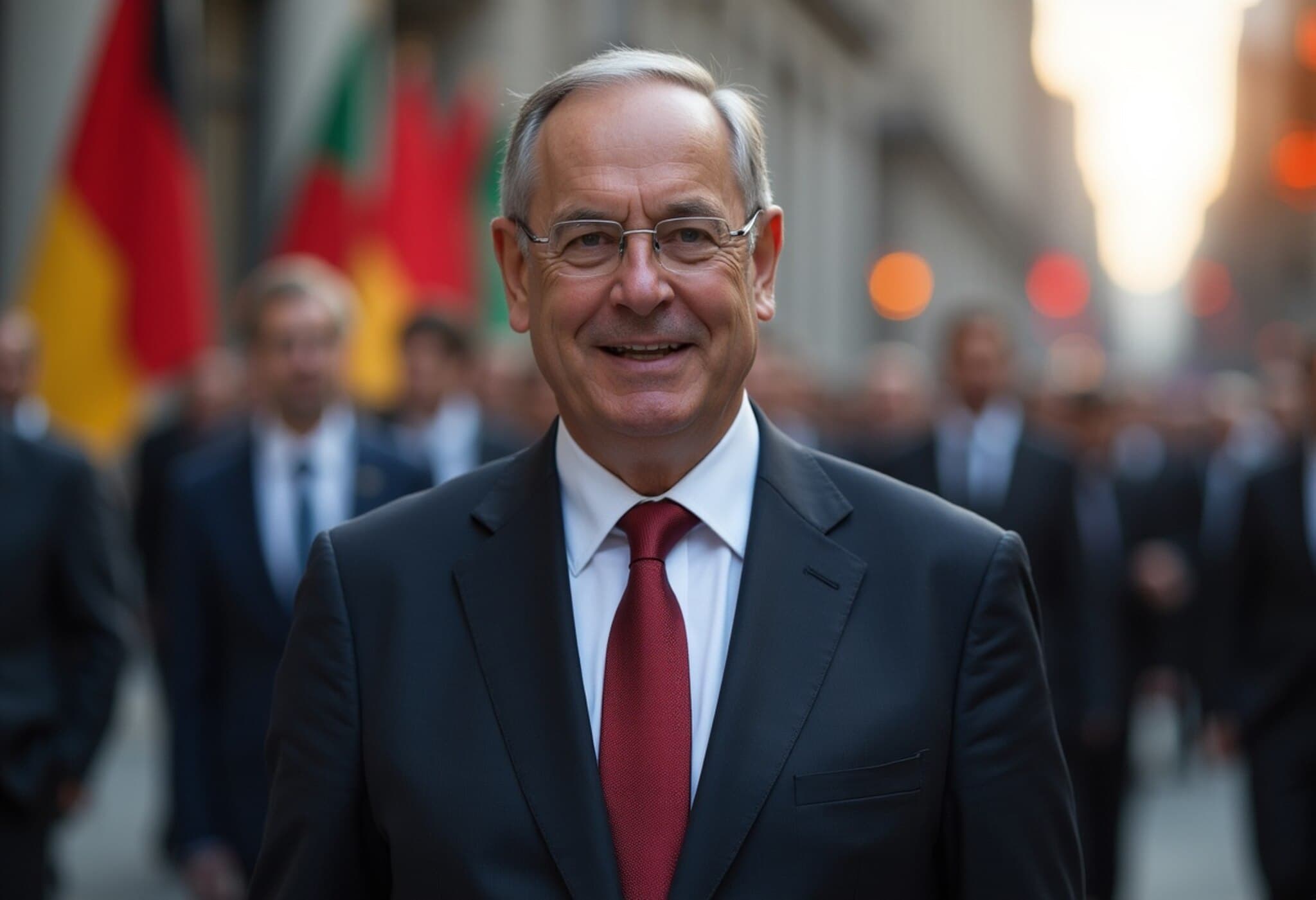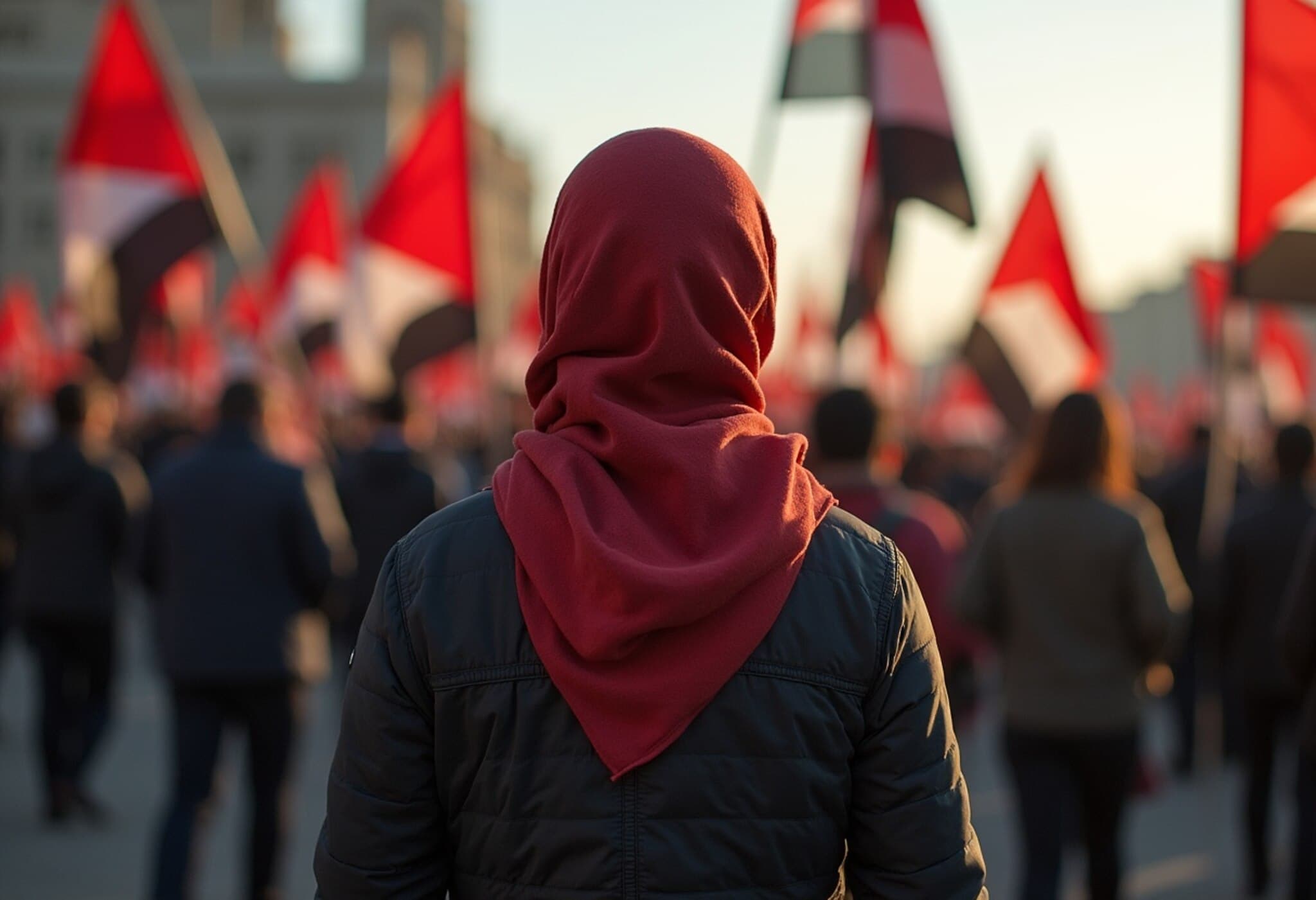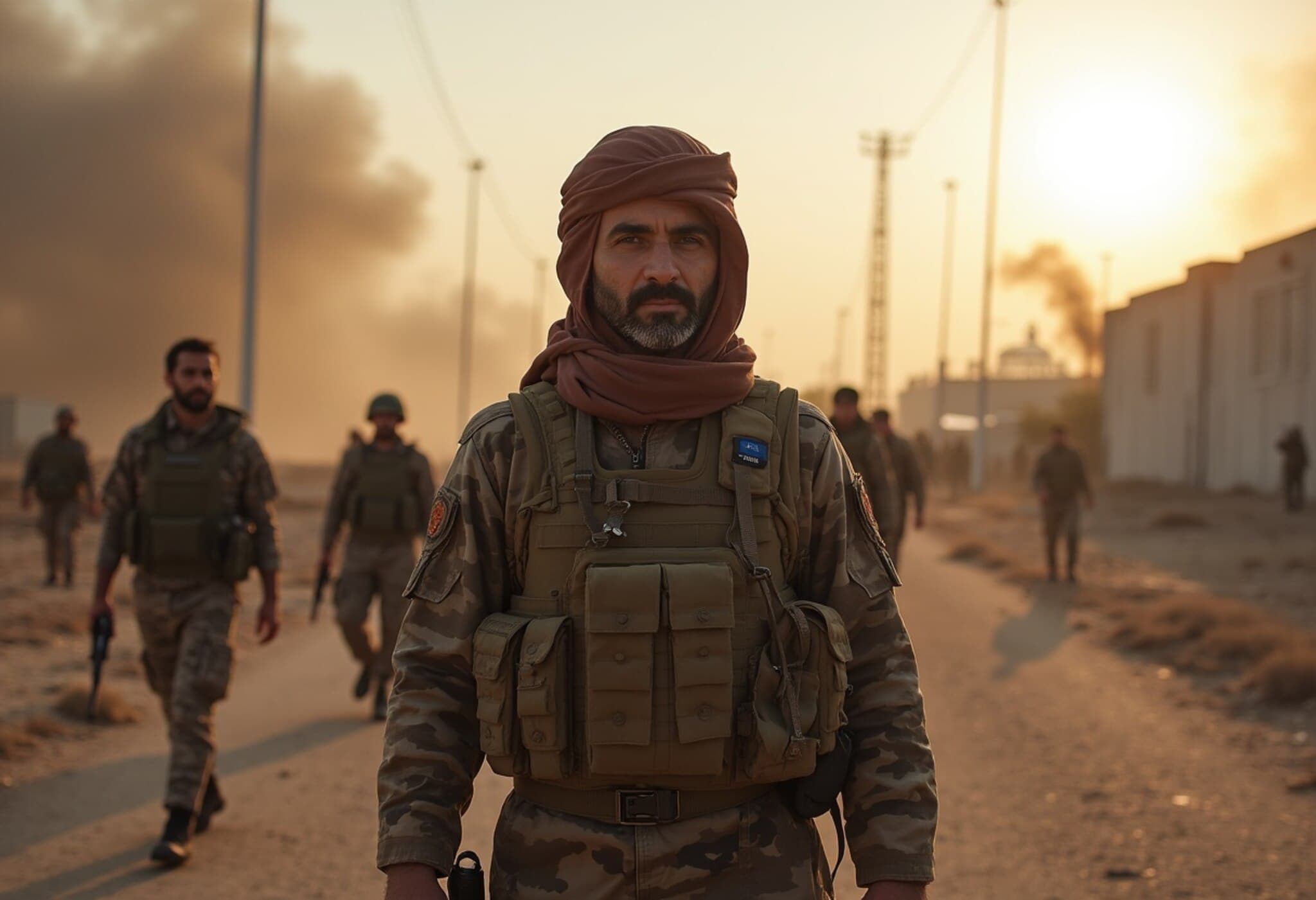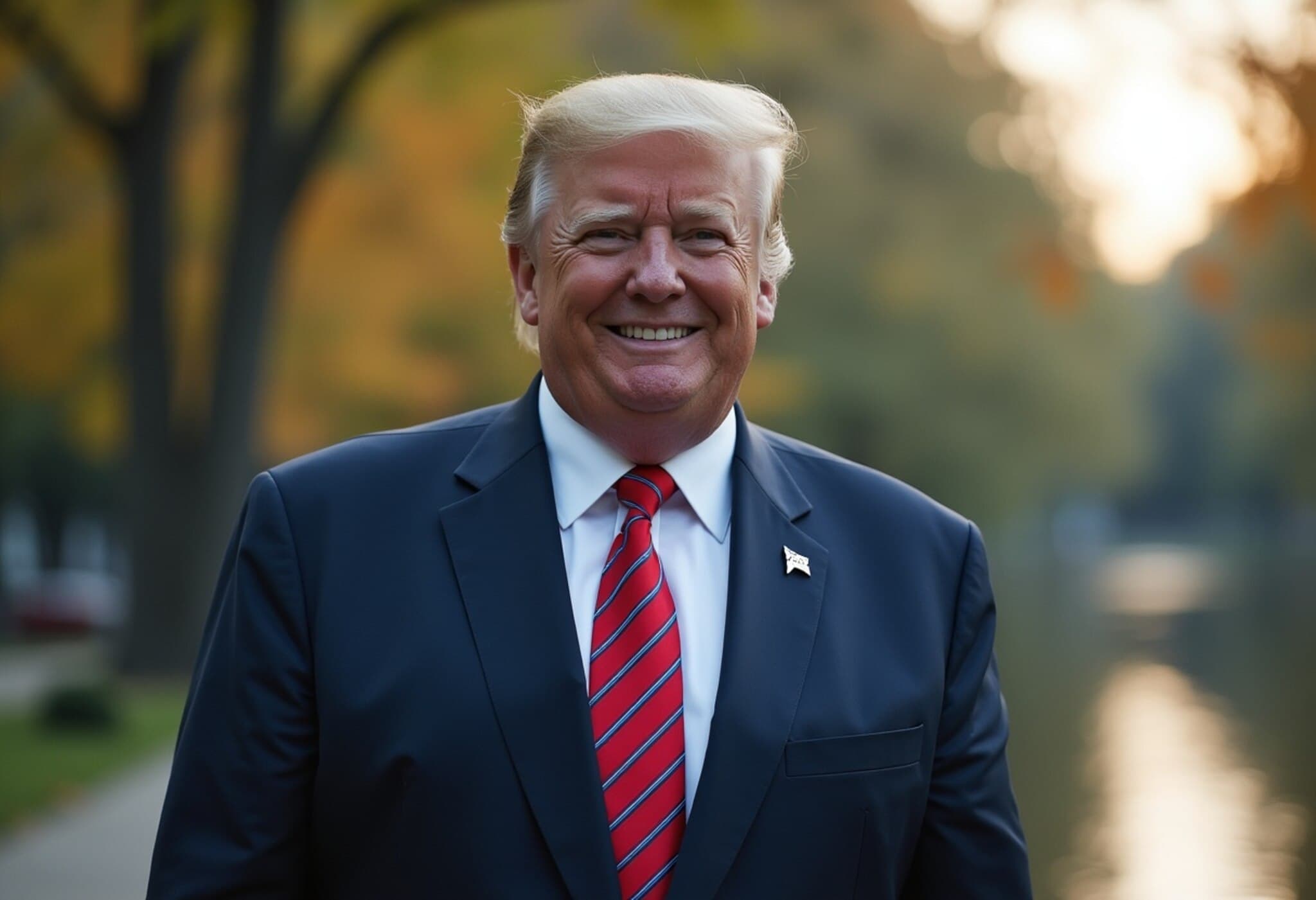Netanyahu Clarifies Israel’s Position on Gaza Amid Ongoing Conflict
In a recent televised interview, Israeli Prime Minister Benjamin Netanyahu made a significant clarification regarding Israel’s intentions in Gaza. Despite the escalation of military operations following the devastating October 7 attacks by Hamas, Netanyahu firmly stated that Israel does not seek to permanently occupy or govern Gaza.
Security Perimeter Over Permanent Control
Addressing Fox News, Netanyahu was asked directly about whether Israel planned to regain control over the entire Gaza Strip. His initial response, "We intend to," sparked concerns over a full reoccupation of the 26-mile-long enclave. However, he soon elaborated, saying, "We don’t want to keep it. We want to have a security perimeter. We don’t want to govern it."
This distinction resonates with Israel’s long-standing policy since its 2005 withdrawal, aiming to avoid the complex challenges of governing Gaza’s densely populated areas while maintaining national security.
Vision for Arab Governance Partnership
Netanyahu underscored a strategic plan to transfer governance to Arab authorities capable of managing Gaza responsibly and without posing a security threat to Israel. He stressed, "We want to hand it over to Arab forces that will govern it properly without threatening us and giving Gazans a good life. That’s not possible with Hamas."
This proposal raises critical questions about who these Arab forces would be and how feasible such a governance transition might be—especially given the entrenched power of Hamas and ongoing hostilities.
Escalating Violence and Humanitarian Strain
The clarifications come amid intense military operations that have had catastrophic humanitarian impacts. According to the Gaza Health Ministry, over 61,000 Palestinians have been killed since the October 7 Hamas-led attack, which itself took a tragic toll of approximately 1,200 Israeli lives and 251 abducted hostages.
Recent Casualties Amid Aid Distribution Efforts
On August 7, local hospitals in southern Gaza reported at least 29 Palestinians killed in the area, including 12 civilians trying to access humanitarian aid near a distribution center supported by international partners. Over 50 others were wounded, many reportedly by gunfire, highlighting both the perilous conditions and the challenges of delivering aid amid conflict.
Israel’s military has accused Hamas of exploiting aid sites as cover, a claim that further complicates humanitarian efforts in the region.
Expert Insights: The Path Forward and International Implications
Netanyahu’s remarks underscore the delicate balancing act Israel faces—securing its borders and citizens while avoiding the pitfalls of direct governance in Gaza. The proposed handover to Arab authorities hints at potential regional collaboration but also demands scrutiny regarding feasibility and legitimacy.
For U.S. and global policymakers, Israel’s stance presents both an opportunity and a challenge: supporting Israel’s security needs while advocating for sustainable governance solutions that ensure humanitarian relief and long-term stability in Gaza.
This nuanced position may reshape international diplomatic engagements, underscoring the necessity of constructive dialogue among Israel, Palestinian authorities, and Arab neighbors.
Summary and Considerations
- Israel aims for security without permanent Gaza occupation.
- Governance envisioned to be transferred to Arab forces, excluding Hamas.
- High civilian casualties and humanitarian crises persist amid ongoing conflict.
- International community faces complex challenges balancing security, aid, and political solutions.
Editor’s Note
Prime Minister Netanyahu’s insistence on avoiding permanent governance in Gaza reflects a strategic, if fraught, approach to Israel’s national security. However, the path to transferring authority to Arab forces remains uncertain, raising critical questions about the viability of new governance structures and potential shifts in regional dynamics. As the conflict continues, the world must watch closely how humanitarian concerns intersect with political strategies—highlighting the urgent need for transparent dialogue and innovative solutions to break this cycle of violence.

